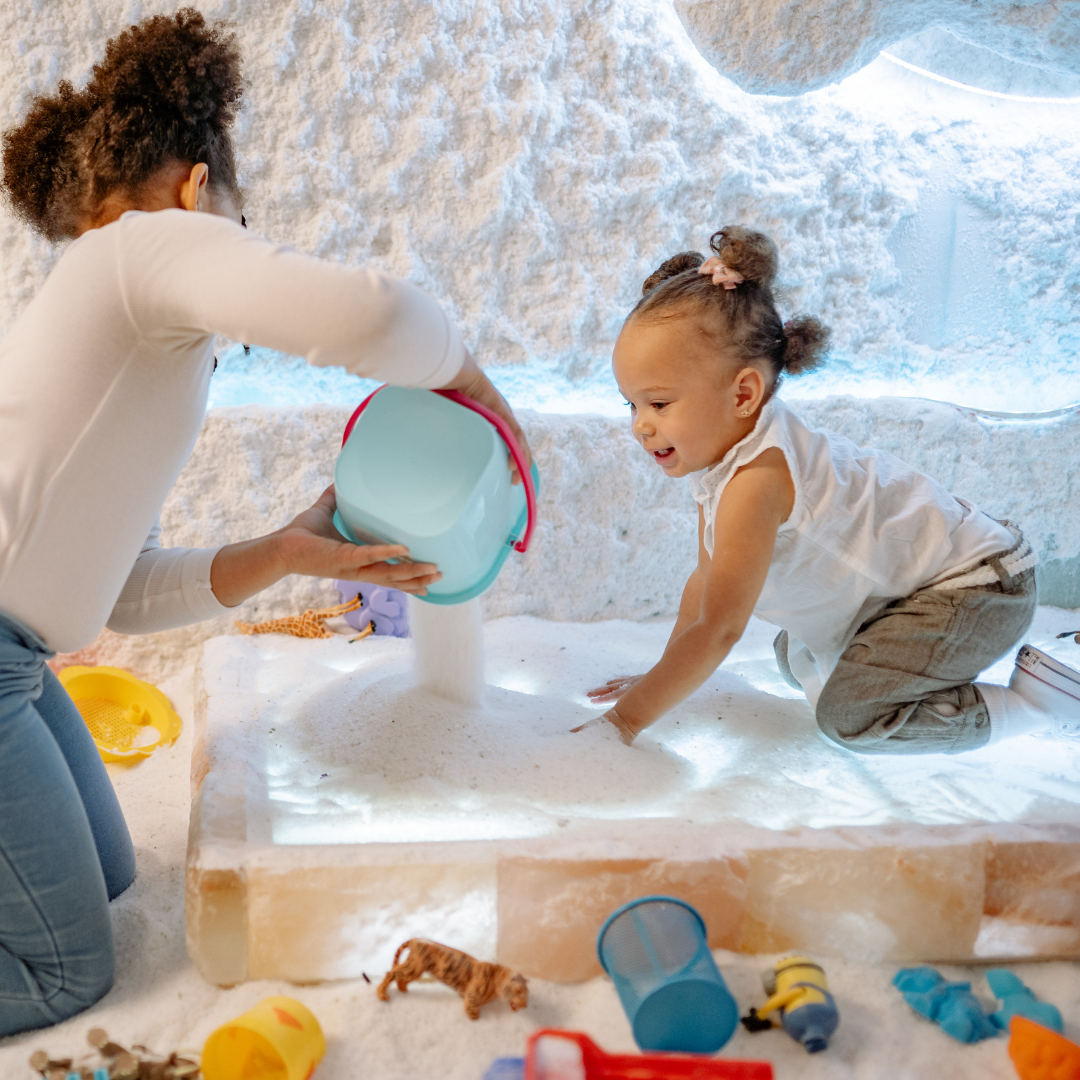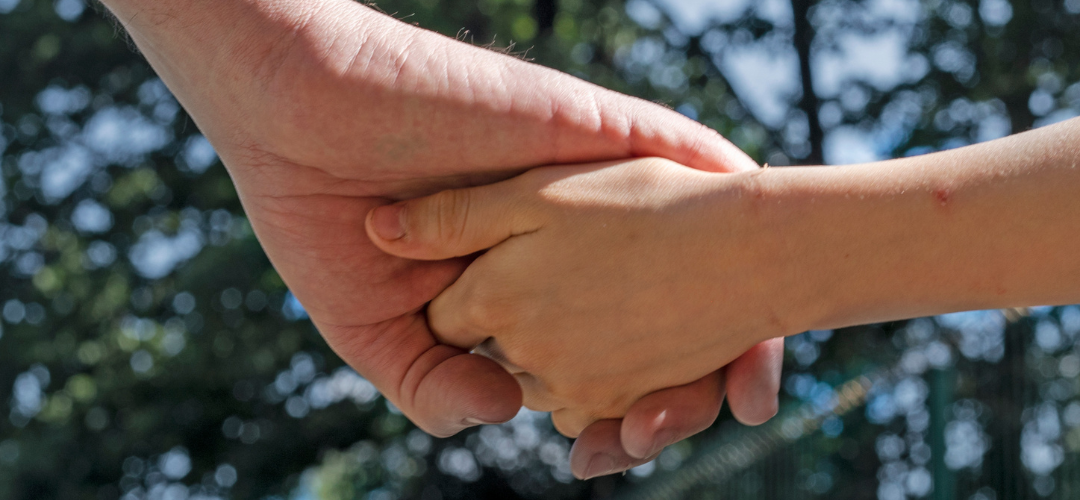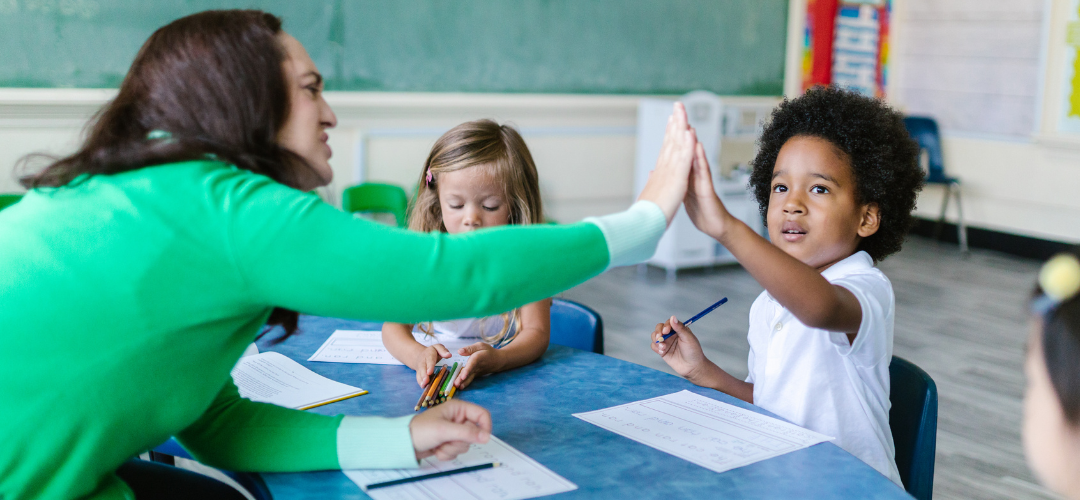Leaving an abusive relationship is a courageous and transformative step towards a safer and healthier life for you and your children. However, the journey to healing and rebuilding a stable environment can be complex and challenging. Children, in particular, may struggle with the aftermath of such experiences, needing thoughtful and consistent support to navigate their emotions and regain a sense of security. This article will provide a comprehensive guide on how to support your children after leaving an abusive relationship, addressing their emotional, psychological, and physical needs.
Understanding the Impact of Abuse on Children
Children who witness or experience abuse often carry deep emotional scars. The effects of abuse can manifest in various ways, including anxiety, depression, aggression, difficulty in trusting others, and academic struggles. Understanding these potential impacts is the first step in providing effective support.
Creating a Safe and Stable Environment
Establish a Routine
A consistent routine can provide a sense of normalcy and security. Predictable daily activities, such as regular mealtimes, homework sessions, and bedtime rituals, help children feel safe and in control.
Provide a Safe Space
Ensure that your home is a sanctuary where your children can feel secure. This involves both physical safety and emotional security. Create an environment where they feel comfortable expressing their feelings without fear of judgment or repercussions.
Set Clear Boundaries
Boundaries are crucial for helping children understand what is acceptable and what is not. Clearly define and consistently enforce rules to help them feel more secure and less anxious about what to expect.
Open Communication
Encourage Open Dialogue
Create an atmosphere where your children feel safe discussing their feelings and experiences. Use age-appropriate language to explain the changes in their lives and reassure them that they are not to blame for the situation.
Active Listening
When your children speak, listen attentively. Validate their feelings and experiences without immediately jumping to solve their problems. This validation is crucial for their emotional healing. Examples
Provide Reassurance
Consistently reassure your children that they are loved and valued. Reinforce that the abusive situation was not their fault and that you are committed to keeping them safe.
Emotional Support
Seek Professional Help
Therapists and counsellors who specialize in trauma and abuse can provide invaluable support. Individual therapy for children and family therapy sessions can help everyone process their emotions and develop healthy coping mechanisms.
Model Healthy Coping Strategies
Children often learn by observing. Demonstrate healthy ways to manage stress and emotions, such as exercise, meditation, or creative activities. Encourage your children to find and engage in activities they enjoy.
Foster Self-Esteem
Help your children build their self-esteem by acknowledging their strengths and accomplishments. Positive reinforcement can go a long way in helping them rebuild their confidence.
Building Resilience
Encourage Independence
Allow your children to make age-appropriate decisions and take on responsibilities. This can help them regain a sense of control over their lives and build resilience.
Promote Healthy Relationships
Help your children develop healthy relationships with peers and other adults. Encourage participation in extracurricular activities where they can build friendships and support networks.
Teach Problem-Solving Skills
Equip your children with problem-solving skills to handle challenges effectively. This includes teaching them how to set goals, make decisions, and seek help when needed.
Academic and Social Support
Communicate with Educators
Inform your children’s teachers and school counsellors about the situation. They can provide additional support and monitor your children’s behaviour and academic performance for any signs of distress.
Create a Positive Learning Environment
Support your children’s education by creating a conducive learning environment at home. Show interest in their school activities and help with homework when necessary.
Encourage Social Interaction
Facilitate opportunities for your children to socialize with their peers. Playdates, sports, and other group activities can help them build social skills and a sense of belonging.
Long-Term Strategies
Maintain Stability
Consistency and stability are key to long-term healing. Avoid sudden changes in living situations, schools, or routines whenever possible. Stability helps children feel secure and reduces anxiety.
Monitor Progress
Regularly check in with your children about their feelings and experiences. Look for signs of improvement or areas where they may need additional support. Be patient, as healing is a gradual process.
Celebrate Milestones
Acknowledge and celebrate your children’s progress and milestones, no matter how small. Celebrating achievements reinforces positive behaviour and boosts their self-esteem.
Self-Care for Parents
Prioritize Your Well-Being
Your ability to support your children is directly linked to your own well-being. Ensure you are taking care of yourself physically, emotionally, and mentally. Seek support from friends, family, or support groups if needed.
Set Realistic Expectations
Understand that the healing process is gradual and there will be setbacks. Set realistic expectations for yourself and your children and celebrate progress rather than perfection.
Community Resources
Utilize Community Support Services
Many communities offer resources for survivors of abuse, including support groups, financial assistance, and legal aid. These resources can provide additional support for you and your children.
Stay Informed
Educate yourself about the effects of abuse and strategies for supporting children in recovery. Staying informed will empower you to make the best decisions for your family.
Advocate for Your Children
Be a strong advocate for your children’s needs in all areas of their lives. This includes working with schools, healthcare providers, and community organizations to ensure they receive the support they need.
Supporting your children after leaving an abusive relationship requires love, patience, and a commitment to their well-being. Each child’s healing journey is unique, and it’s essential to provide tailored support that meets their specific needs. By creating a safe and stable environment, fostering open communication, and promoting emotional and psychological resilience, you can help your children heal and thrive. Remember, the journey to recovery is a marathon, not a sprint, and your consistent support will be the cornerstone of your children’s healing process.
Leaving an abusive relationship is a significant step towards a better future for you and your children. While the path to recovery may be challenging, the strategies outlined in this article can provide a strong foundation for supporting your children through this transition. By understanding their needs, creating a stable environment, fostering open communication, and seeking professional help, you can guide your children towards healing and resilience. Remember, your love and dedication are the most powerful tools in helping your children overcome the impact of abuse and build a brighter, healthier future.
If you or someone you know is struggling to support children after leaving an abusive relationship, reach out for professional help. Therapists, counsellors, and support groups are available to provide guidance and assistance. Remember, you are not alone on this journey, and there are resources available to help you and your children heal.







